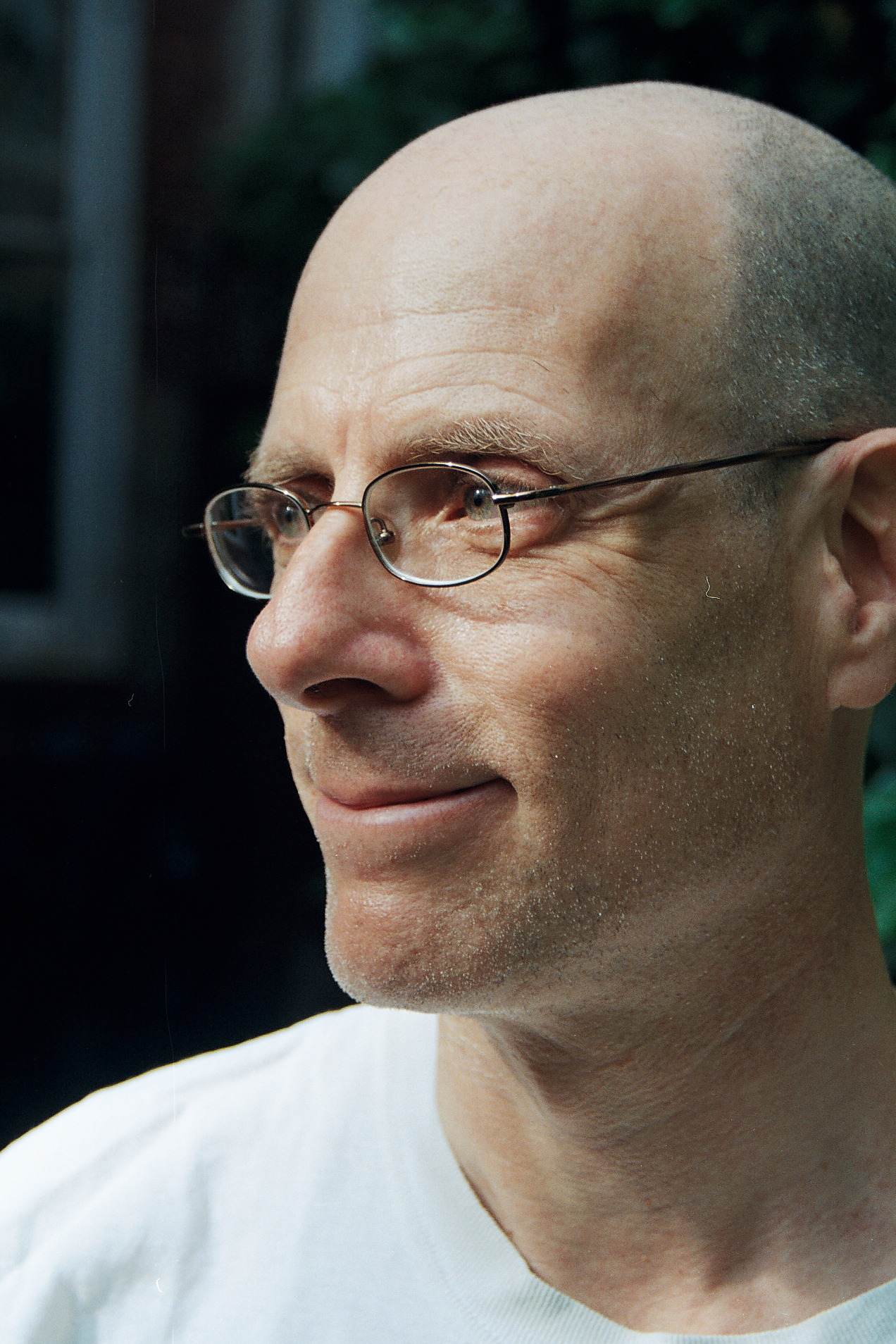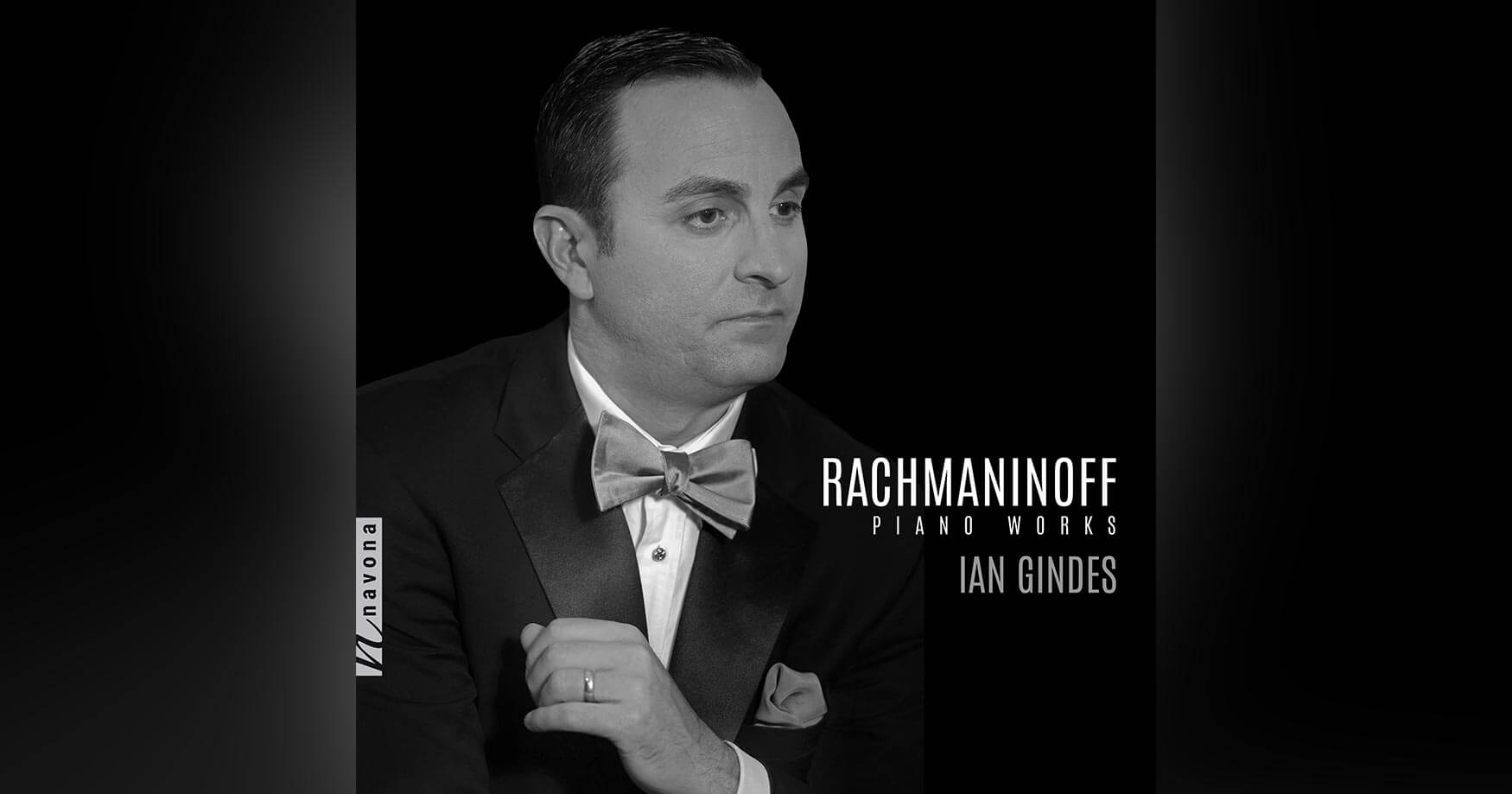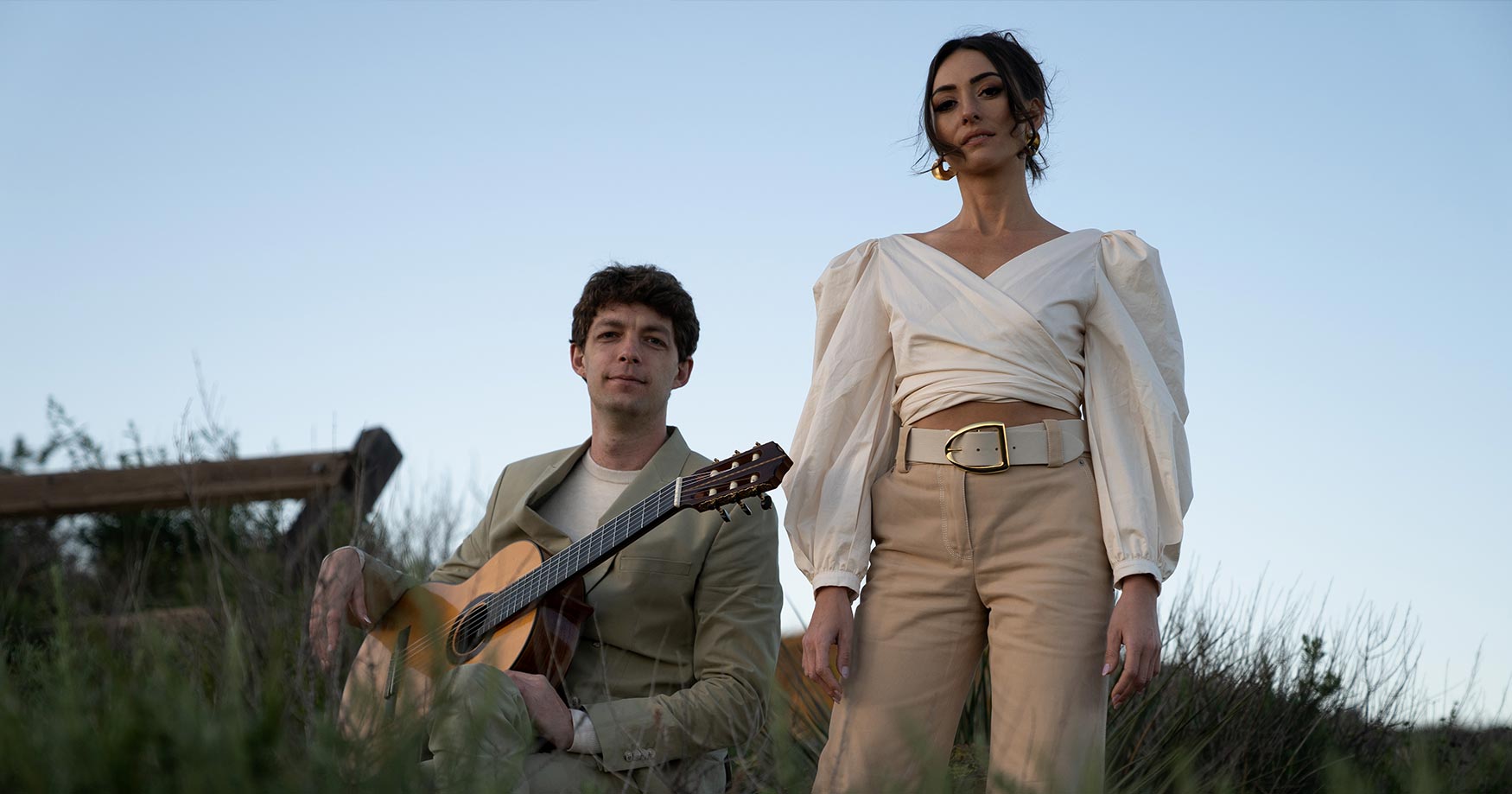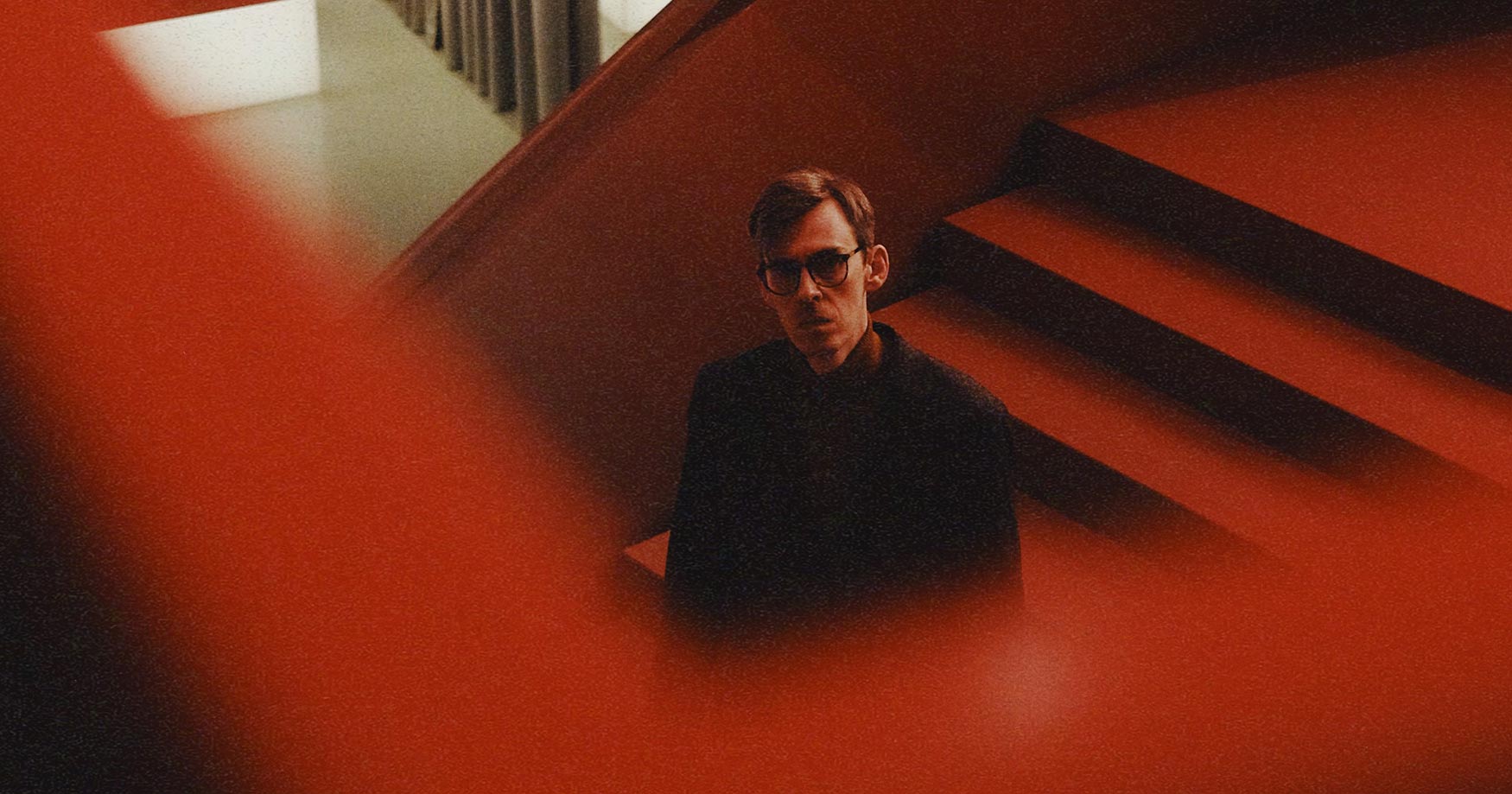Sidney Bailin started composing when he was 6. His first piece was in three-part counterpoint, a fact that he still does not know how to explain. He learned species counterpoint when he was 10. He entered Juilliard when he was 15, studying piano with Ania Dorfmann and composition with Hall Overton. The following year, he began private piano coaching with Jeaneane Dowis. At the age of 18 he enrolled as a college student at Juilliard, and studied composition that year with Roger Sessions and Otto Luening. Becoming more and more interested in mathematics, the following year he moved to Columbia University, first as a double major in music and mathematics, then dropping the music.
Eventually, Sidney received a doctorate in Mathematical Logic from the University of Oxford. He has since published research papers on computer topics, written an award-winning film script, and been a skydiving instructor. He is now an active karate instructor. While all this was happening, he was relatively inactive musically. He now thinks of this period as a long exile from music. In 2003 he started composing again, and today he finds himself at the top of his compositional and creative powers.
Today, Sidney is our featured artist in “The Inside Story,” a blog series exploring the inner workings and personalities of our artists. Read on to learn what happened at 15-year-old Sidney’s performance at the Aspen Music Festival…
Who was your first favorite artist growing up?
For as long as I can remember, Johann Sebastian Bach was, for me, the pinnacle of musical composition. The seamless combination of high emotional intensity with structural complexity and balance has, to my mind, never been surpassed. That’s not to say that I didn’t (or don’t) revere other composers. How can one say that Bach is “greater” than Beethoven, or vice versa? They were both unsurpassably great in their own ways, and I would say the same for several other composers. But Bach’s music gets as close to perfection as I think is humanly possible, and it has always seemed to me that way.
When did you realize that you wanted to be an artist?
I started composing when I was 6 years old, and it was not really a conscious decision. It was just something that happened and felt natural. So I cannot say that I “wanted” to be an artist. It would be more accurate to say that I found myself being an artist even at that young age, and just figured, well, okay, I guess that’s who I am.
What was your most unusual performance, or the most embarrassing thing that happened to you during a performance?
When I was 15, I performed Chopin’s B-minor Scherzo in a piano master class given by Samuel Lipman at the Aspen Music Festival. The piece has these complicated, very fast runs from mid-range up to near the top of the keyboard, ending in a percussive downbeat of a high b and then in the next run a high e. So these downbeats are pretty important musically. And, well, I missed each and every one. The b became a c, the e became an f, and this was really, really not good. The piece is so fast moving that you don’t have any time to dwell on this mentally, and I kept going (as I should), and except for this embarrassing – but rather consistent – flubbing, it was (apparently) a stirring performance and got a lot of applause. Sam’s first comment was “I don’t think I’ve ever heard a 15 year old play like that” (meaning good), but then his second comment was, “I do think Sidney owes us some of those high notes.” Sigh.
What is your guilty pleasure?
Going to Disney World with my son. Before becoming a parent it was so easy to look down on Disney and all that the name implies, be it movies, television, or theme parks. But going there with my son lets me see it through his eyes, and it is truly magical. It doesn’t hurt that I’ve done some consulting for Disney, and I also think the company has produced some movies with real substance over the last few years. So I can defend my appreciation in all sorts of sophisticated intellectual terms, if need be; but the simple fact is that it’s the magic, in and through a child’s eyes, that really creates the joy.
If you could make a living at any job in the world, what would that job be?
Creating and teaching. Creating not just music but also books, screenplays, some technology products I’ve envisioned – I have a whole slew of projects that I want to do, but I only work on one artistic endeavor at a time so that I can give my all to it. But I also love to teach, and that includes all of the things in which I’ve got some talent: music and writing, to be sure, but also martial arts, philosophy, and technology. Technology comes in last, though, way behind art.
If you could spend creative time anywhere in the world, where would it be and why?
I would love to have living space in New York City (my home town, though I haven’t lived there for a long time), Hawaii, and Rome. And, if we’re talking unlimited resources here, let’s add San Francisco and London, and if we’re still talking unlimited, then Paris too. I’m definitely a city person but I’d also like to be able to retreat to nature, so in addition to the beaches in Hawaii, it would be nice to have a place in the woods somewhere: a house with lots and lots of big trees around it, and the critter sounds that go along with that. But that could be almost anywhere: upstate New York, Colorado, Northern California. And of course an eco-friendly private jet to ferry me between all of these places. As if, right?
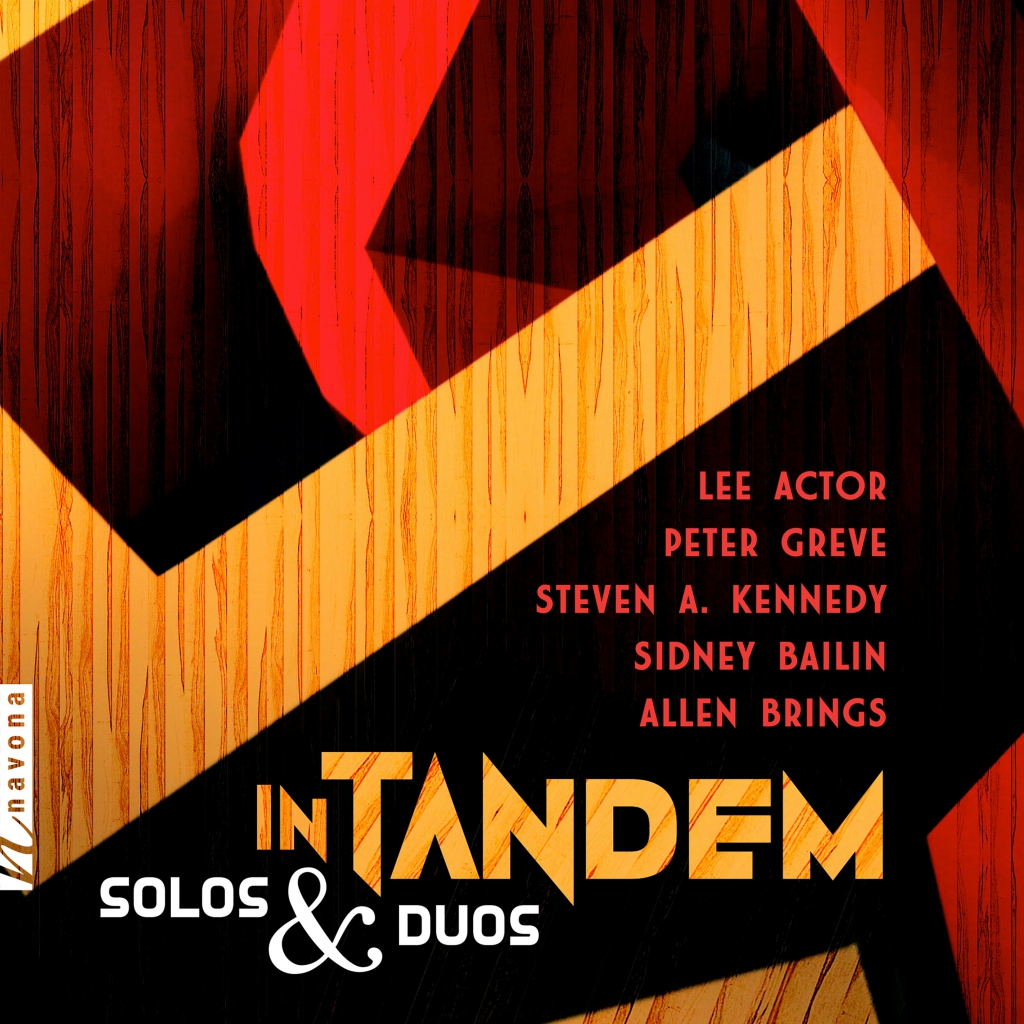
Blue Plea on IN TANDEM will be available for streaming or purchase through Navona Records on May 24. Click here to pre-order.
